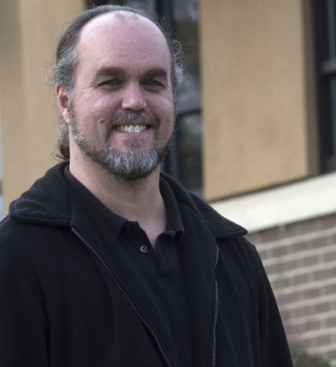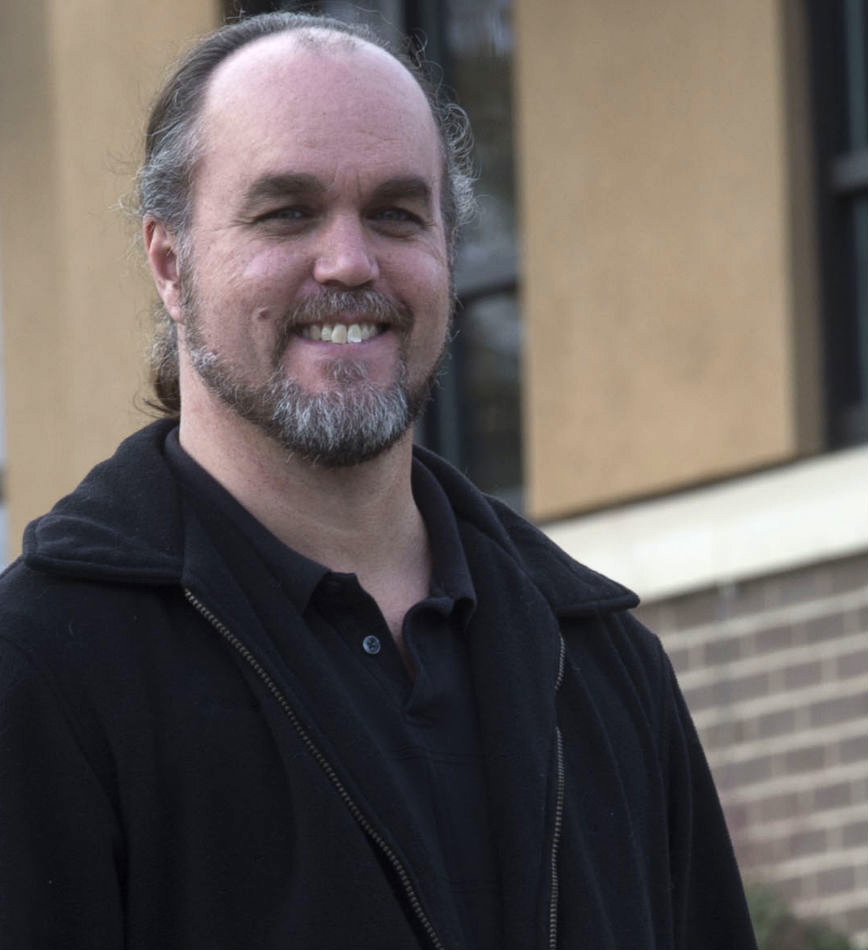 It’s not easy being black in the United States. Despite America’s Horatio Alger mythology and its focus on personal effort as the way to overcome all obstacles, being born black can work counter to success. The reason for this is the deeply entrenched racism of our culture. This isn’t the blatant racism of our forefathers with the terrorism of sundown towns (places where people of color had to be out of town by sundown, and in some cases were forcibly driven from their homes), lynchings (the last in 1964) and white riots.
It’s not easy being black in the United States. Despite America’s Horatio Alger mythology and its focus on personal effort as the way to overcome all obstacles, being born black can work counter to success. The reason for this is the deeply entrenched racism of our culture. This isn’t the blatant racism of our forefathers with the terrorism of sundown towns (places where people of color had to be out of town by sundown, and in some cases were forcibly driven from their homes), lynchings (the last in 1964) and white riots.
Such racism is rightly looked down on by most Americans. Instead, the systemic racism that impacts and challenges all of our lives today is more subtle. It is the result of the way our systems and perceptions are shaped (largely unconsciously) by our culture.
The work of changing this reality is ongoing, but progress is being made. One of this week’s recipients of a MacArthur Fellowship is Jennifer L. Eberhardt, a Stanford University psychologist whose work has focused on how unconscious bias affects perceptions of blacks, particularly in relation to crime. Her research on how race impacts both perception and outcomes shines a light on the reality of systemic racism.
“Her statistical analysis … showed that the ‘blacker’ a defendant looks — as measured by skin color, hair texture and lip size — the more likely it was that the defendant would receive the death penalty if the victim was white.”
Other biases shown in her work include the association of blacks with danger and weapons, perceptions of suspects’ criminality by police, and perception of increased age and responsibility among black juveniles. It’s not hard to imagine that such projections might be happening in other areas of life.
From some quarters we hear that the black community needs to address these issues themselves. Some say quite bluntly that they need to stop blaming whites for their problems and begin to take responsibility for themselves and their actions. Domestic violence, unemployment, child abuse and crime have for many years affected blacks disproportionately, and with recent high-profile cases have become hot button issues.
There is no doubt that all of us, no matter our race, are affected by our choices. We can draw a line from our choices to the consequences and outcomes we face in many circumstances. It is also apparent that the more wisely we choose the better our chances for a positive result. No one I know denies this reality.
We can’t stop there though. The environment has its role, and for blacks in the country the environment is dangerous. They have to make better decisions more frequently to survive the gauntlet of obstacles our society routinely puts in front of them.
Hitting children as a form of discipline isn’t confined to the black community, but in the black community it can be directly tied to slavery and demands that children behave. It was the lesser of two evils when a black child could be sold, whipped or even killed. Black parents today have a reasonable fear that their children are in danger, so it’s not surprising when they use extreme methods.
Family stability has also been impacted by systemic racism. Black fathers, usually for economic reasons, are more likely to live separately from their kids but, defying stereotypes, are equally or more likely to be involved in parenting, according to both the CDC and the Pew Research Center. As reported on Think Progress, “... there’s compelling evidence that a number of black dads living apart from their kids stems from structural systems of inequality and poverty, not the unfounded assumption that African-American men somehow place less value on parenting.” In fact, they were more likely than white fathers to believe in their financial responsibility as a parent.
Examples abound of the impact of systemic racism, but the way forward is not obvious to me. A recent comment on another piece about racism lamented my self focus and lack of strategies. Instead of addressing the “crisis of white supremacy” I instead wrote about my “remedial epiphanies about … white privilege.” I don’t disagree. For me this has been a difficult topic to navigate, and it has often seemed impossible to address without creating more harm.
I can only add that waking up to the realities of social structures is not easy, nor is sharing that knowledge with others of my race and class. I will continue to move forward with care and work to address any missteps, and am always open to feedback from any quarter.
